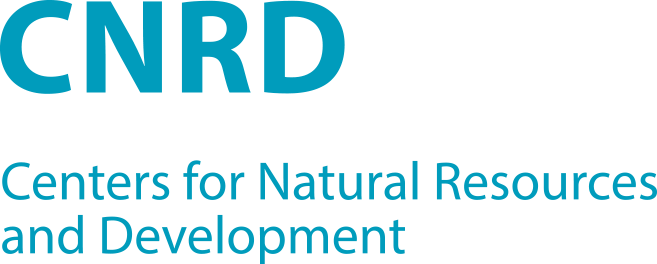The MOOC on “Disasters and Ecosystems: Resilience in a Changing Climate’ has been relaunched!
 Recent events, such as flooding in South Asia and Texas in the United States have led to a great amount of discussion about the role that urban sprawl and the loss of green spaces and wetlands played in aggravating these disasters. It is critical that we learn more about the links between development and disasters through improved ecosystem management. This is what the Massive Open Online Course (MOOC) on “Disasters and Ecosystems: Resilience in a Changing Climate” is about, and we are re-launching it with new materials and interviews with global leaders.
Recent events, such as flooding in South Asia and Texas in the United States have led to a great amount of discussion about the role that urban sprawl and the loss of green spaces and wetlands played in aggravating these disasters. It is critical that we learn more about the links between development and disasters through improved ecosystem management. This is what the Massive Open Online Course (MOOC) on “Disasters and Ecosystems: Resilience in a Changing Climate” is about, and we are re-launching it with new materials and interviews with global leaders.
When UN Environment and the TH Köln – University of Applied Sciences first launched the MOOC on “Disasters and Ecosystems: Resilience in a Changing Climate” in January 2015, no one could have anticipated its success. The first round of the course had over 12,000 participants from 183 countries. The participants took the initiative to create their own online community with now over 13,000 followers, where people share their stories of working with ecosystems to build resilience. For example, in India, Heba Anna Philip prepares farming communities for floods by introducing growbags that provide vegetables even if their fields are under water. And, in Pakistan, Dr. Naeem Shahzad at the National University of Sciences and Technology developed a new graduate programme based on what is covered in the course.
Erik Solheim, UN Environment Executive Director, in this MOOC, tells the story of Ravi Sangarappilai at the Disaster Management Center in northern Sri Lanka who started a campaign to improve coastal protection by planting hectares of mangroves. The MOOC also includes exclusive interviews from Inger Andersen, Director General of the International Union for Conservation of Nature and Robert Glasser, Special Representative of the Secretary-General for Disaster Risk Reduction.
The MOOC explores the linkages between ecosystems, disaster risk reduction and climate change adaptation. It aims to enhance knowledge and skills for tackling these complex issues and how they can be operationalized through ecosystem-based solutions for promoting disaster risk reduction, climate change resilience and adaptation.
It is designed for disaster managers and practitioners, natural resources managers, climate change adaptation professionals, development planners, project implementers, policymakers and students from around the globe.
The MOOC has been launched on September 18, 2017. You will have access to 6 units of the “leadership track” and will receive our certificate free of charge upon completion. The course will take approximately 20-30 hours to complete. It is self-paced (no time pressure) and available for the next six months. The expert track will start on November 20, 2017 live from Bali, Indonesia, where you will have access to 15 more units with more in-depth learning. This MOOC is hosted on the Asian Disaster Preparedness Center (ADPC) platform.
You can sign up under: www.th-koeln.de/drr-mooc



